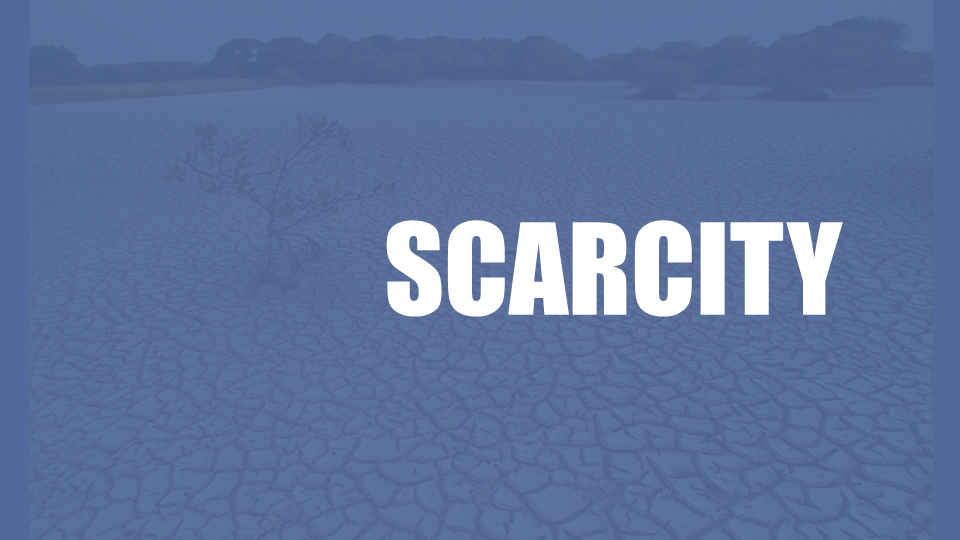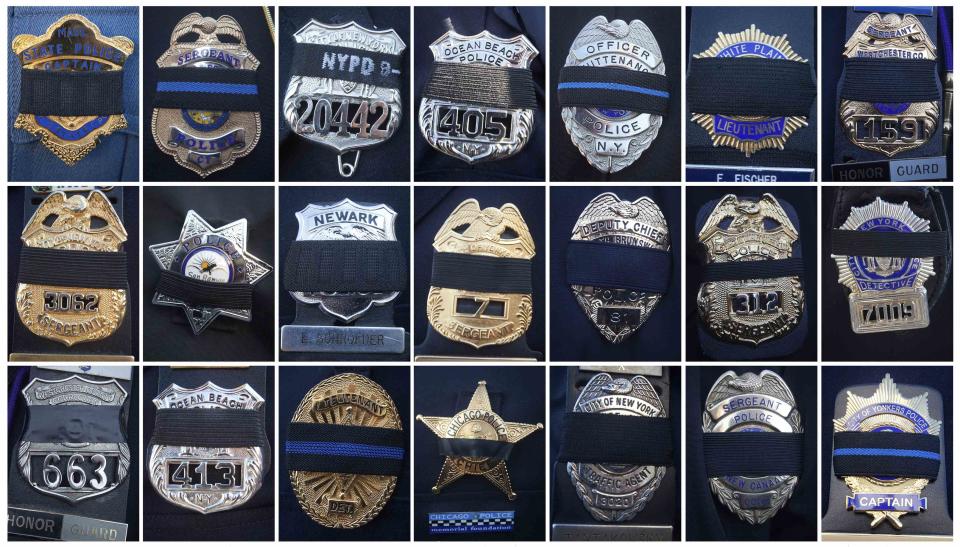(To see what we will be doing this Lent in regards to "Time" - go here.)
Over at the experimentaltheology.blogspot, the issue of Time & Scarcity has been blogged about in a very interesting and in my opinion, helpful way. The three posts are:
1) The Biggest Obstacle to Spiritual Formation
What is that problem?2) The Scarcity Trap
Scarcity.
Here's how Brene Brown describes scarcity in her book Daring Greatly, a quote I've shared before:
We get scarcity because we live it…Scarcity is the “never enough” problem…Scarcity thrives in a culture where everyone is hyperaware of lack. Everything from safety and love to money and resources feels restricted or lacking. We spend inordinate amounts of time calculating how much we have, want, and don’t have, and how much everyone else has, needs, and wants.
Why are we over-committed and addicted to busyness? Because saying Yes to everything makes us feel wanted, needed, important and vital.
In short, in our thirst for self-esteem--our drive to be noticed, needed or successful--we become over-committed and over-worked. Which causes us, at the end of the day, to become depleted and exhausted. The drive for success and significance, or the flight from shame and failure, exhausts us and runs us into the ground. Neurotic anxiety produces basic anxiety.
That is the scarcity trap, how our neurotic fears of failure and insignificance cause us to push harder and harder which, in turn, exhausts us.
The scarcity trap is how the shame-based fear of being ordinary tempts us into work and busyness depleting us of time, energy and resources.
The scarcity trap is how shame produces exhaustion.
3) The Therapeutic is the Political: Sabbath as Spiritual Warfare
Conservative Christians like to think that spiritual warfare is about the spiritual, psychological realm. Liberals like to think of spiritual warfare as being about the political realm. Both are missing the point.
Pay attention to what I'm saying here. The therapeutic is the political.
As Walter Brueggemann reminds us, Sabbath is resistance. Sabbath resists the spirituality of the principalities and powers--the capitalistic and consumeristic rat race--to nurture the physical and psychological resources to fuel further resistance, making us increasingly available for both community and prophetic ministry.
If shame is the fuel of capitalism then Sabbath is the fuel for the Kingdom of God.
But, and here's the big take home point, Sabbath-keeping requires shame-resilience. Sabbath requires relaxing into the "shame-based fear of being ordinary" as we allow the world to rush by as we settle into the humble, small and human rhythms of Sabbath. To practice Sabbath means to go quiet, to be less noticed, to rest into the ordinary. And it takes shame-resilience to do that.
The therapeutic is the political.
Sabbath is spiritual warfare.
Read the blog, you will be glad for it.





